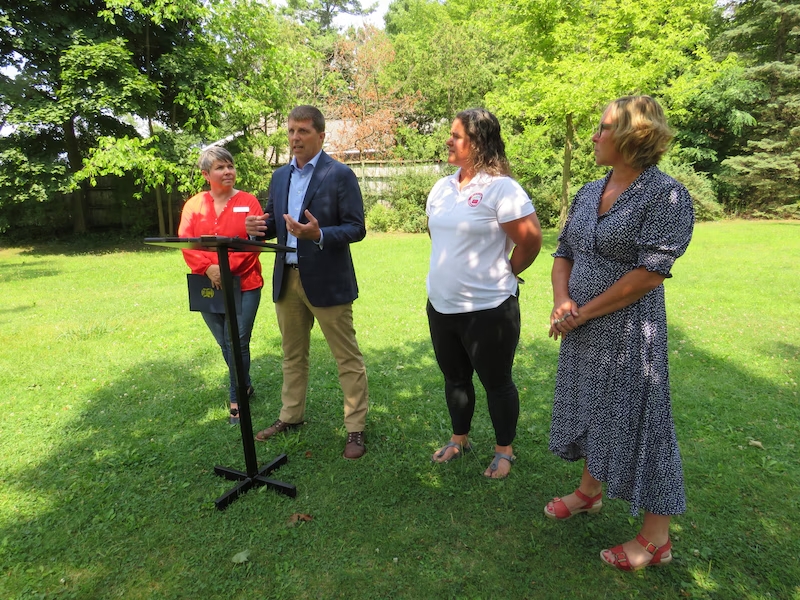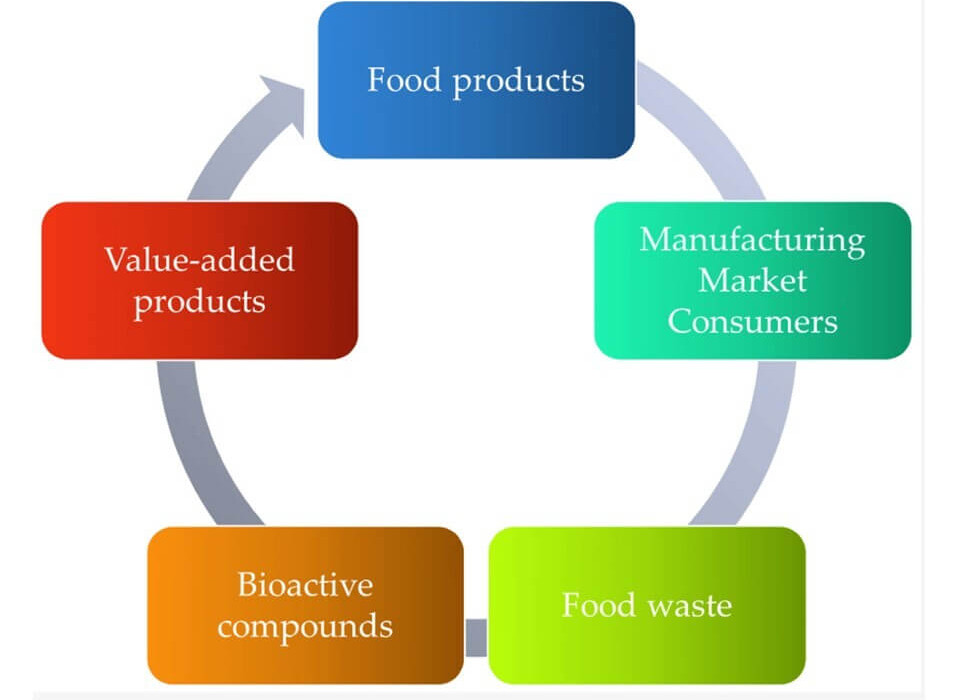This year's sweet cherry harvest has turned bitter. Even the sour cherry season could end on a bitter note.
Michigan cherry growers are facing an unusually poor harvest, starting with the sweet varieties and now also the tart ones. Experts argue that the extreme weather variability caused by climate change is entirely responsible for the poor cherry harvest this season.
The situation is so severe that Governor Gretchen Whitmer is urging the federal government to declare a natural disaster for Michigan's cherry growers. According to state officials, aid has never been more necessary. It is estimated that Michigan cherry growers have lost between 30% and 75% of their crop, depending on the varieties produced.
"I've spoken to farmers who have been around for many years and have never seen anything like this," said Emily Miezio of Suttons Bay, a Leelanau County farmer who serves on the Michigan Cherry Committee and heads the national Cherry Marketing Institute. Miezio was joined by state officials in Traverse City on Thursday to discuss the cherry season.
Apparently, it’s been one difficulty after another all year long.
First, a mild winter didn’t kill enough pests like the invasive spotted-wing drosophila. Then an unusually warm, humid, and wet spring and summer led to the emergence of fungi and diseases like cherry leaf spot and American brown rot.
The farmers have battled pests and the risk of disease all season, repeatedly spraying insecticides and fungicides to save the cherries. But it seems all has been in vain. By the middle of the first week of harvest, I started getting phone calls from several farmers saying, "Hey, the situation is getting worse than we initially thought. The sweet cherries seem scarce," said Miezio.
She said the sweet cherry season is ending and that even the fruit looks "bad," so it’s uncertain whether the growers will see their profits this year.
"We couldn't pit the fruit. We couldn’t turn the fruit into dried cherries. Most of the fruit ends up being juice or concentrate, which doesn’t bring the same return for growers as a higher quality fruit," said Miezio.
Cherry growers have lost 100% of their crop before, but not after investing so much time and money over the entire growing season. The 2012 season, for example, was entirely lost when a freeze destroyed the fruit blossoms after an unusually warm spring.
Fruit tree expert Nikki Rothwell said this season has been worse than the one lost 12 years ago, due to the extent of the efforts made to try to save this year's crop. In 2012, the complete crop loss occurred much earlier, in April, not in August.
"We didn’t have harvesting costs. We didn’t have transportation costs, all those kinds of things that get wrapped up," said Rothwell, coordinator of the Northwest Michigan Horticultural Research Center. "This adds to the weight of this year's losses."
Michigan's top agriculture official said this year's terrible outcome for cherry growers adds to years of significant challenges, such as environmental issues, labor availability, and difficult international markets. Now, weather issues fueled by climate change are further complicating an already complex sector, said Tim Boring, director of the State Department of Agriculture and Rural Development.

Read the full article: Michigan Live
Image: Michigan Live
Cherry Times - All rights reserved











